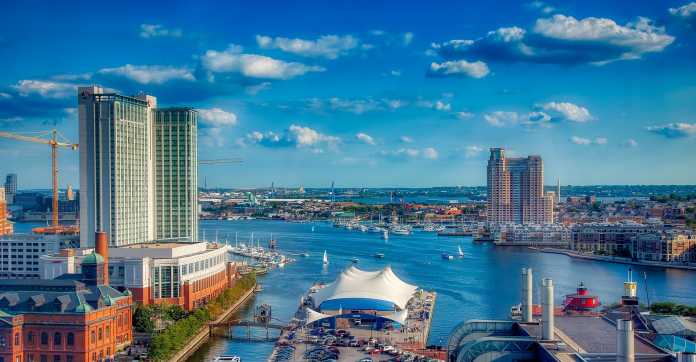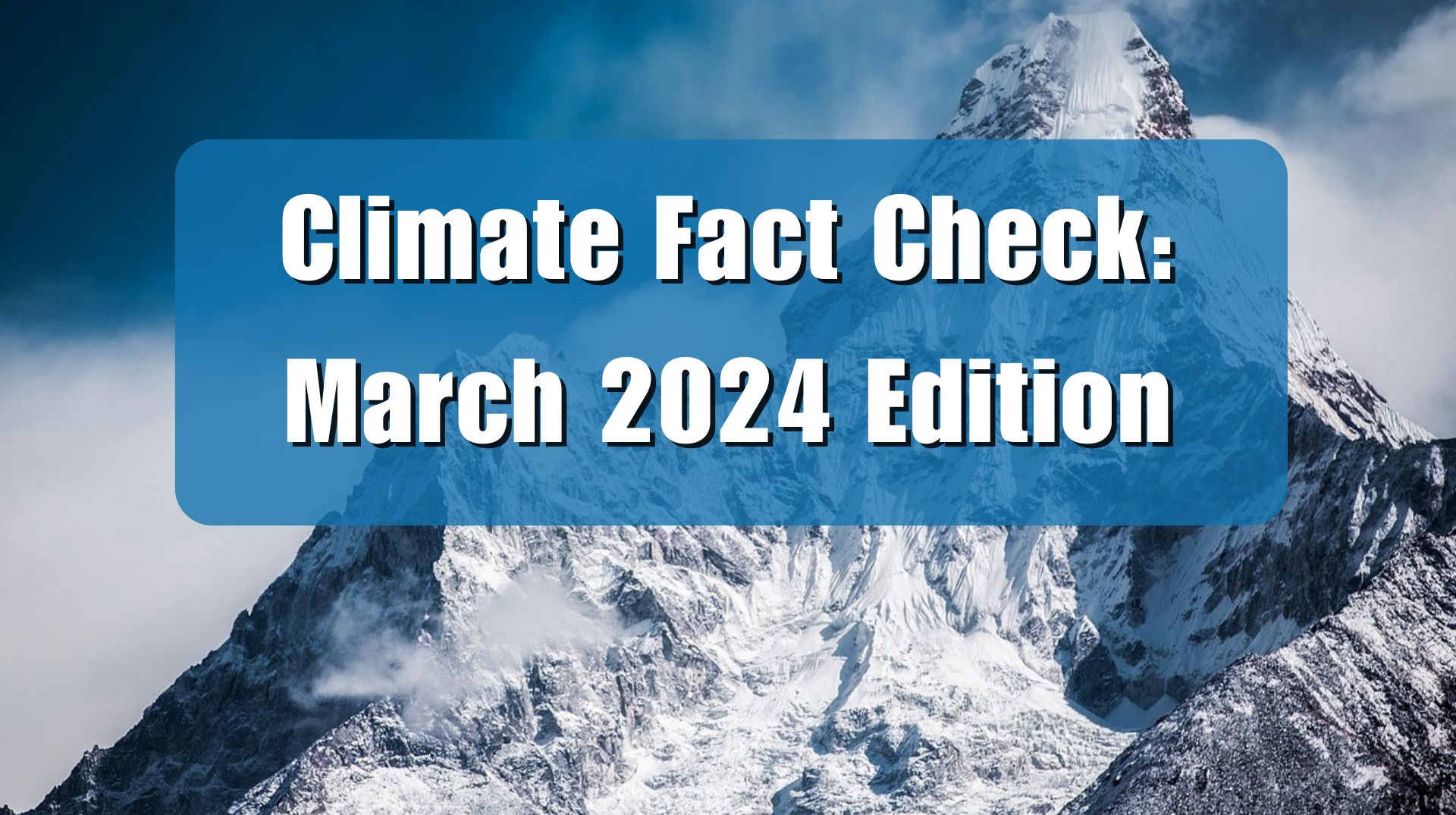A recent survey of Maryland residents’ thoughts about climate change found that the majority of Marylanders believe that climate change is having some degree of present negative effect; through the weather, on sea levels, and other metrics. These people are misinformed. Data proves their fears are unwarranted.
The Baltimore Sun’s Scott Dance wrote an article discussing the poll, titled “Poll finds a majority of Marylanders say climate change is having major impacts on shorelines, wildlife, weather,” detailing the concerns Maryland residents have about the impacts of climate change.
“A majority of Marylanders believe climate change is having major impacts — inducing more extreme weather events, harming wildlife and raising sea levels — according to a new poll from Goucher College.” Dance said.
This finding in itself is not shocking, as much of the drive behind reporting on climate change is skewed heavily in the direction of alarmism, as covered and debunked diligently by Climate Realism.
As evidence, Dance writes:
“Climate change is indeed causing shorelines to recede, and rapidly in some parts of Maryland and the world, and research has shown an increase in extreme weather disasters is not just anecdotal. On human health, climate change impacts include increases in heat-related illnesses and deaths, which research shows tend to be undercounted, and challenges to food security.”
All of these claims are demonstrably false.
Long-term data shows sea levels have risen at an unalarming, relatively constant rate since the mid-1800s. There is little if any acceleration of sea level rise as hypothesized by alarmists. Climate at a Glance: Sea Level Rise reports that even if recent increases in the rate of rise are fully attributable to anthropogenic-caused warming, it adds only 0.3 inch per decade more to the preexisting historic trend.
Maryland’s coast, however, as with nearby Delaware and other areas along the U.S Atlantic coastline, suffer from continuous change over time due to tectonics, underwater thermal vents, land sublimation, and subsidence due to human development and groundwater withdrawals along the coast. Climate Realism and The Heartland Institute have addressed false sea level claims in more than 160 articles and studies.
Baltimore, Maryland itself has attempted to sue oil companies for the alleged impacts of climate change on their local weather, but according to weather and tide gauge records Baltimore has suffered from neither more extreme rain or snow, a sea levels in Chesapeake Bay have risen at a slower rate than the average for the United States. A U.S. Geological Survey report shows that rather than sea level rise causing flooding in Baltimore, land subsidence due to groundwater withdrawal is responsible.
Regarding deaths from heat, Climate Realism has shown countless times, including here, here, and here, that heat-related deaths have not increased over time, in fact all climate-related fatalities are down, but extreme cold is the real killer.
Adding to the good news: crop yields are higher than ever, setting records in yield and production. This is largely because increased atmospheric carbon dioxide boosts plants growth. The data on “food security” points towards a beneficial relationship between moderate warming, increased carbon dioxide, and crop production.
Sadly, Marylanders and others across the United States and around the world rarely get to hear climate change facts from corporate media outlets like the Baltimore Sun. This means what is being measured in a poll like this is opinion informed by data or proof of climate change impacts, but rather the success of the media narrative. Perhaps, had the Baltimore Sun’s journalist done his research, he could have worked to alleviate the unfounded fears of his readers, instead of affirming them.















